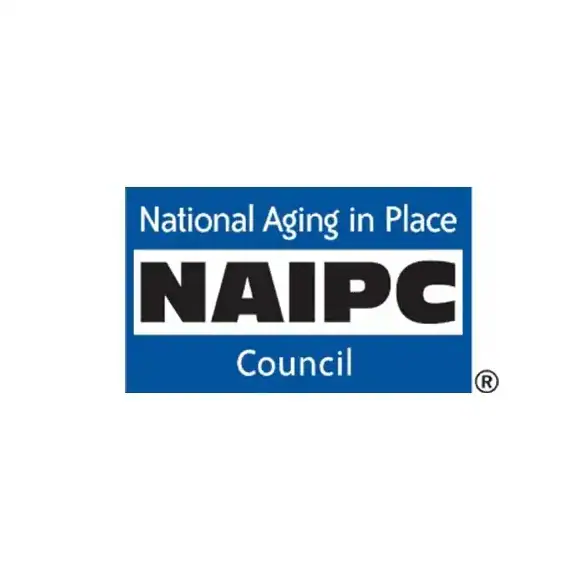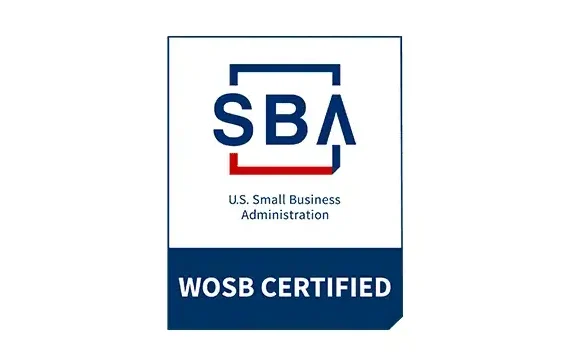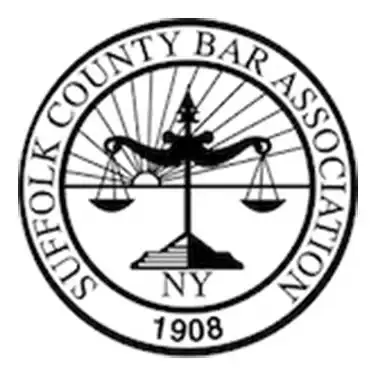Trust Attorney in Smithtown, NY
Protect Your Legacy Without Court Delays
Your family deserves privacy and security when you’re gone. Our trust attorneys help Smithtown families avoid probate and protect assets from nursing home costs.


Living Trust Creation Smithtown
When you establish a trust, your assets transfer directly to your beneficiaries without probate court involvement. No public records. No delays. No unnecessary legal fees eating into your family’s inheritance.
Your loved ones receive more of what you’ve worked for because trusts bypass the expensive probate process entirely. For Long Island families facing nursing home costs that average $390 per day, trusts provide essential asset protection that can preserve your legacy.
The peace of mind is immediate. You know your wishes will be followed exactly as you’ve specified, and your family won’t have to navigate complex court procedures during an already difficult time.
Smithtown Trust Lawyers
We have been serving Smithtown families for years, and we understand the unique challenges Long Island residents face. From multi-generational homeownership to Medicaid planning, we know what matters most to our neighbors.
We’re not just your attorneys – we’re part of this community. We offer bilingual services in Spanish and Italian, and we’ll come to your home, hospital, or nursing home when you need us most.
Our approach is simple: we listen first, explain everything clearly, and create solutions that actually work for your family’s specific situation.

Trust Administration Process NY
First, we sit down and discuss your goals, your family situation, and your concerns. We want to understand what you’re trying to accomplish and what keeps you up at night.
Next, we analyze your assets and recommend the right type of trust for your needs. Whether it’s a revocable living trust for probate avoidance or an irrevocable trust for Medicaid planning, we’ll explain exactly how it works and why it’s the right choice for your situation.
Then we draft the trust documents, help you transfer your assets, and guide you through the funding process. We make sure everything is properly titled and your trust is fully operational. Finally, we provide ongoing support for trust administration and any future changes you might need.

Ready to get started?
Asset Protection Trusts Long Island
Our trust services go beyond basic document preparation. We create revocable living trusts that help you maintain control while avoiding probate. We establish irrevocable trusts for Medicaid planning that can protect your home and savings from nursing home costs.
For families with special needs members, we draft special needs trusts that preserve government benefits while providing additional support. We also handle trust administration, helping trustees manage assets and distributions according to your wishes.
Long Island families face unique challenges, including some of the highest nursing home costs in the country. Our local expertise means we understand New York’s specific Medicaid rules and can structure trusts that provide maximum protection while keeping you in compliance with state requirements.









